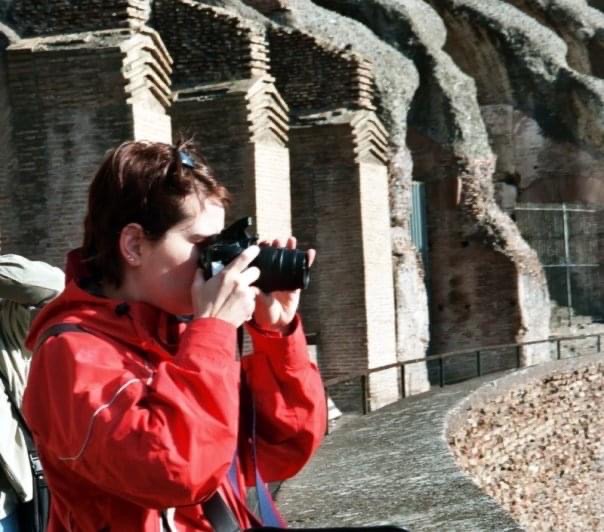Every aspiring journalist knows what the five W’s are–it’s essentially a how to for writing. Who, What, When , Where, and Why. If you can answer all those questions, then you’ve got an effective story. So let’s begin, shall we?
WHO
I’m Michelle and until the end of May, I’ll be hanging out a my little house on the prairie in South Carolina. I’m a RN and will be working right up until I leave. I’m always up for an adventure.
WHAT
I’ve accepted a position at a Maternal-Child Health in Rwanda with the Peace Corps. The official Peace Corps job description reads like this:
Maternal and Child Health Volunteers collaborate with health clinics, community organizations, and family members to promote healthier lives for mothers and children. Volunteers are assigned to health clinics in the most rural and needy communities where many children suffer from chronic malnutrition. You will help improve the training system of public health clinics to deliver high quality training to women, community members, and midwives to deepen their understanding of maternal, neonatal, and child health topics. All work done within the project will have a focus on behavior change, community empowerment, and sustainability.
Volunteers train health workers in adult education methodologies, behavior change theory, motivational interviewing, lesson planning, and overall development of educational resources. These actions will enhance health workers’ abilities to deliver high quality education. Having trained health workers and developed educational resources, Volunteers will co-plan and co-facilitate educational activities with household and community members, especially with women who are of reproductive age.
Volunteers with also work with the community at large, as community organization and empowerment is key to promoting community health. Volunteers and community members will engage in campaigns, activities, and projects to address community health needs. Methods include raising awareness around health issues, providing training on community project design and management, implementing educational projects, and implementing structural projects such as latrines, improved cook stoves, or vegetable gardens.
WHEN
Technically, the journey begins on June 04, 2018. I will serve for 27 months, returning home [if all goes according to plan August 2020!] In all reality, the journey began September 2016 when I first applied. Since then, through the rounds of interviews, incredible amount of paperwork, and frequent doctor visits, I can see the light at the end of the tunnel. [I’m still not getting my hopes up too much because my last opportunity fell through]
WHERE
Rwanda
Rwanda is a small country, technically in East Africa, but being land-locked, seems more central Africa to me. It borders Uganda, DRC, Tanzania, and Burundi. It’s mountainous; not as mountainous as Lesotho, but not many places are. As a result of the altitude, despite being practically on the equator, the climate is much more temperate. It very rarely snows there. Rwanda is about the size of Massachusetts and is one of the more densely populated countries in Africa [1211 people/sq mile as compared to my current situation of about 150 people/sq mile]. I’m about to get a whole lot of curious neighbors.
WHY
This is a complicated answer. Why am I completely flipping my world upside down and exchanging a comfortable life for Rwanda? Honestly, the simple answer is because I can. The more complicated [much, much more complicated] answer, I’ll discuss later.





1 Response
[…] still but people still want to know what happened with Madagascar. [Questions for Madagascar; why I’m still in the US]. Let’s get to the questions, shall we? Question 1: What exactly is the Peace […]